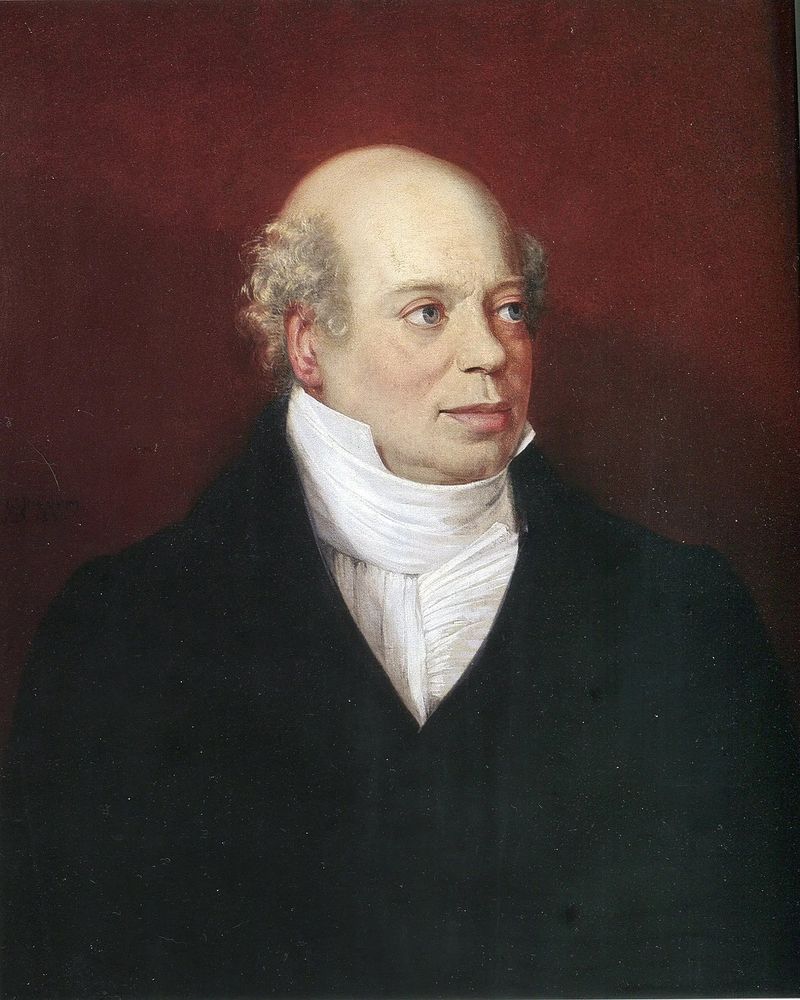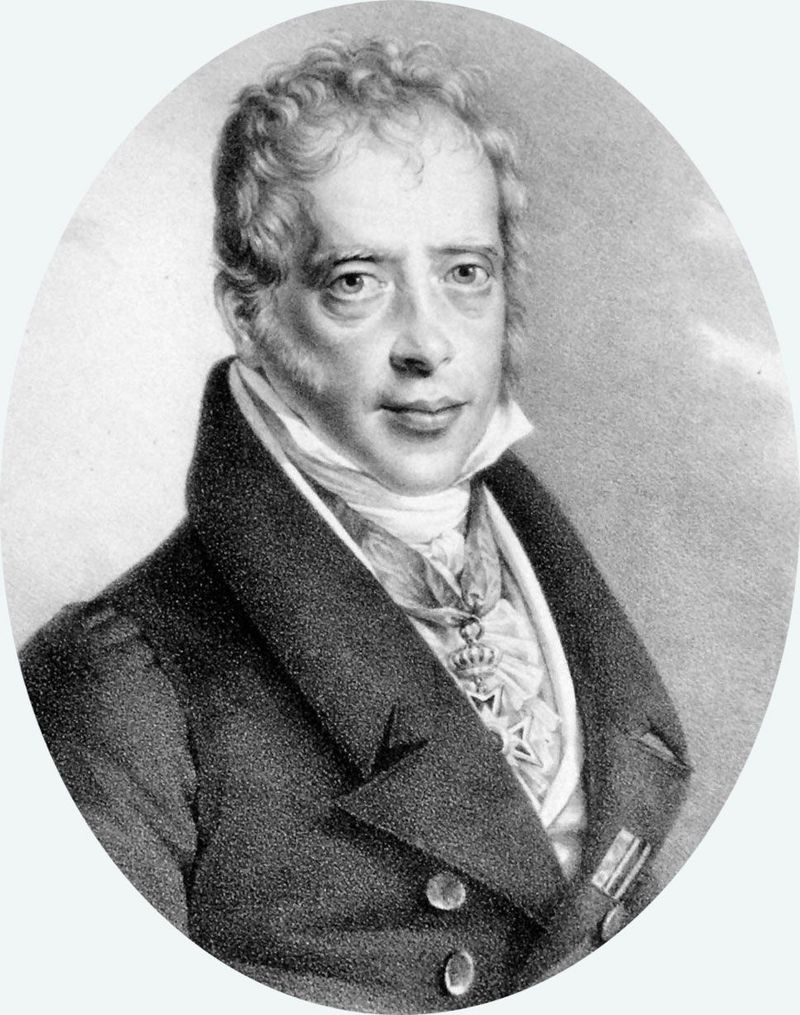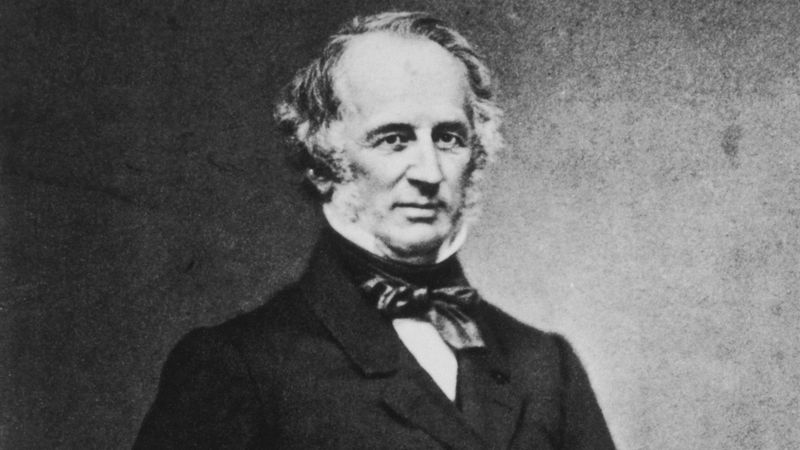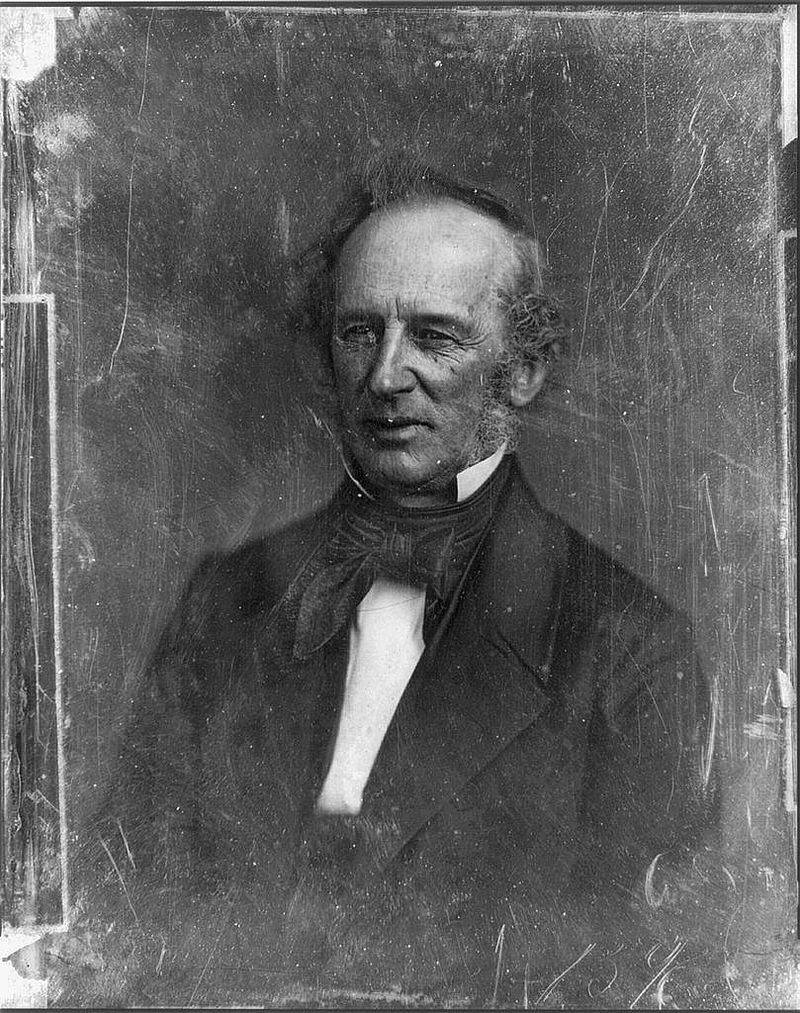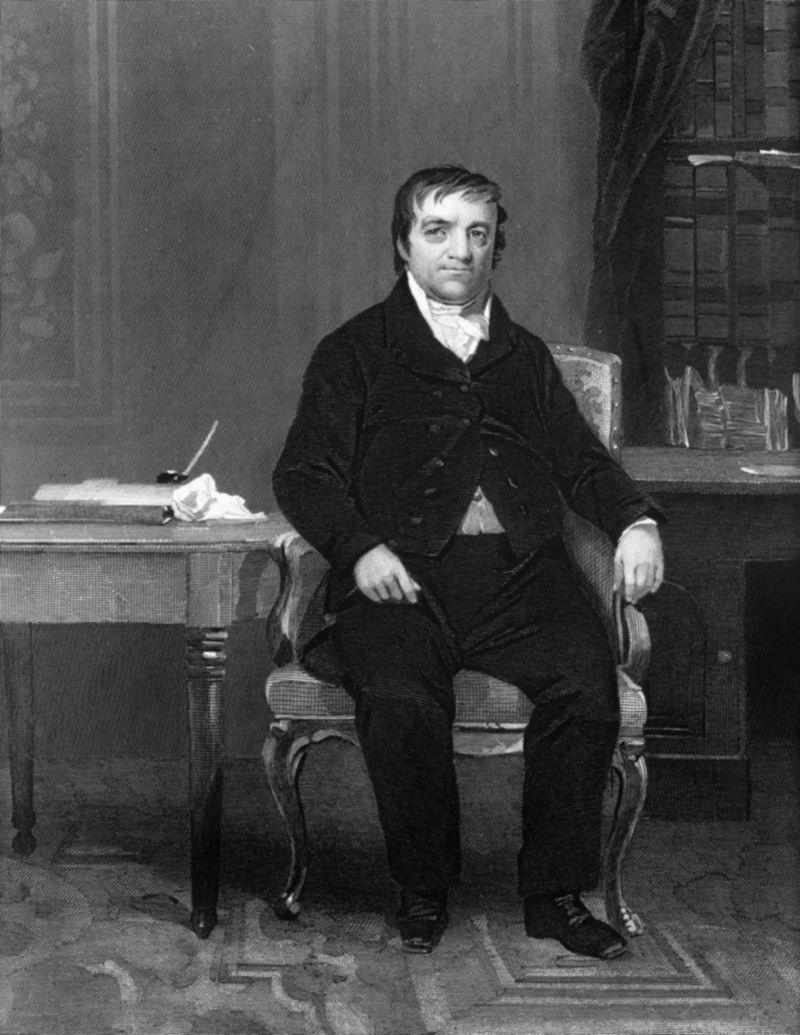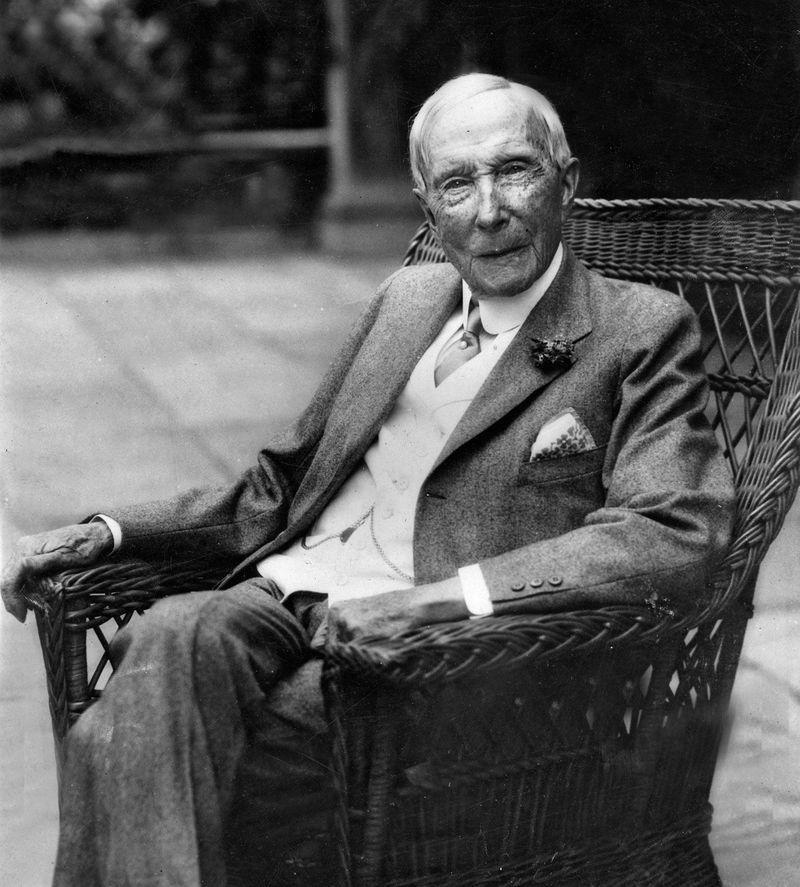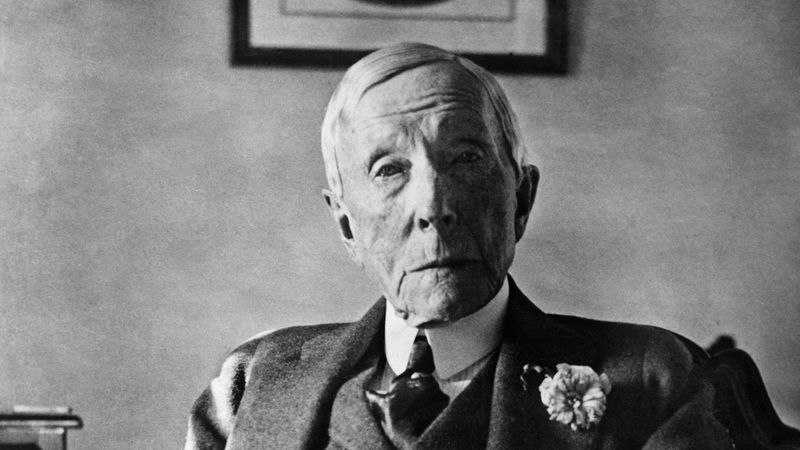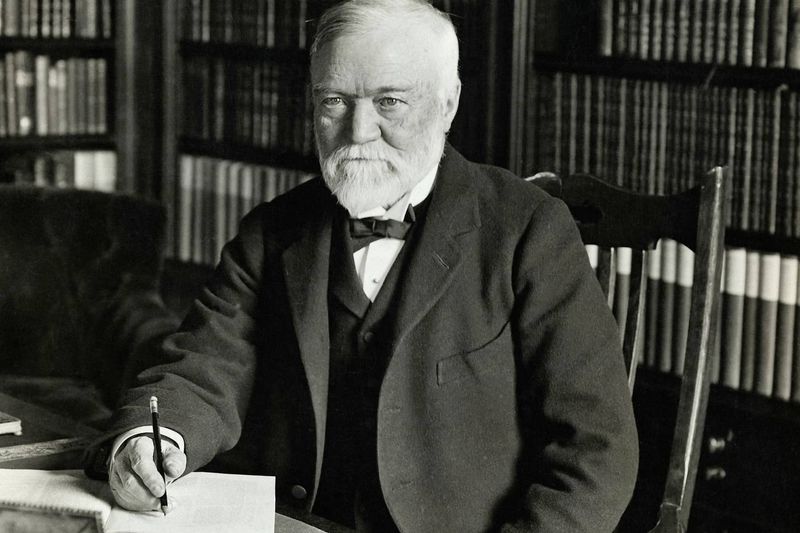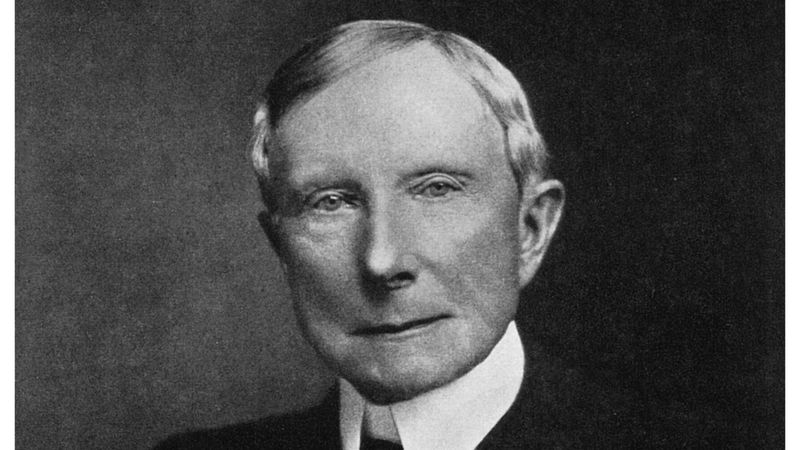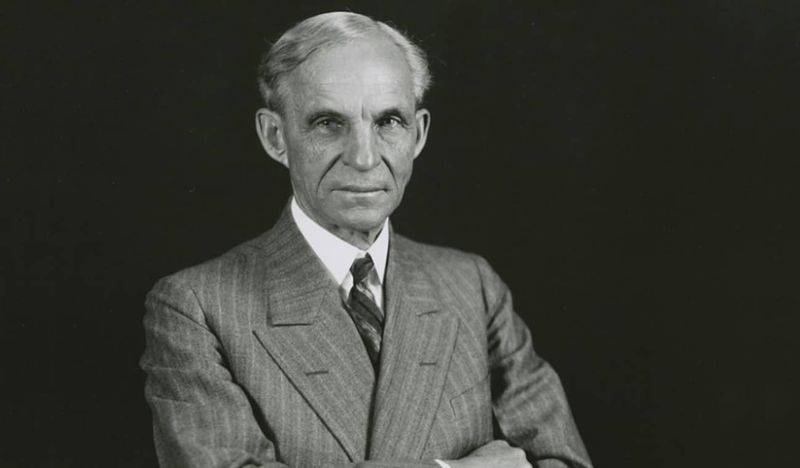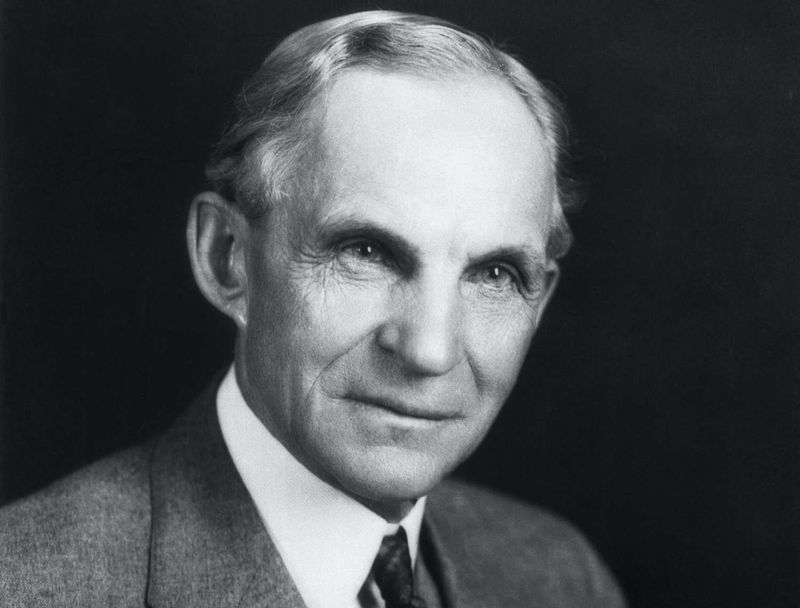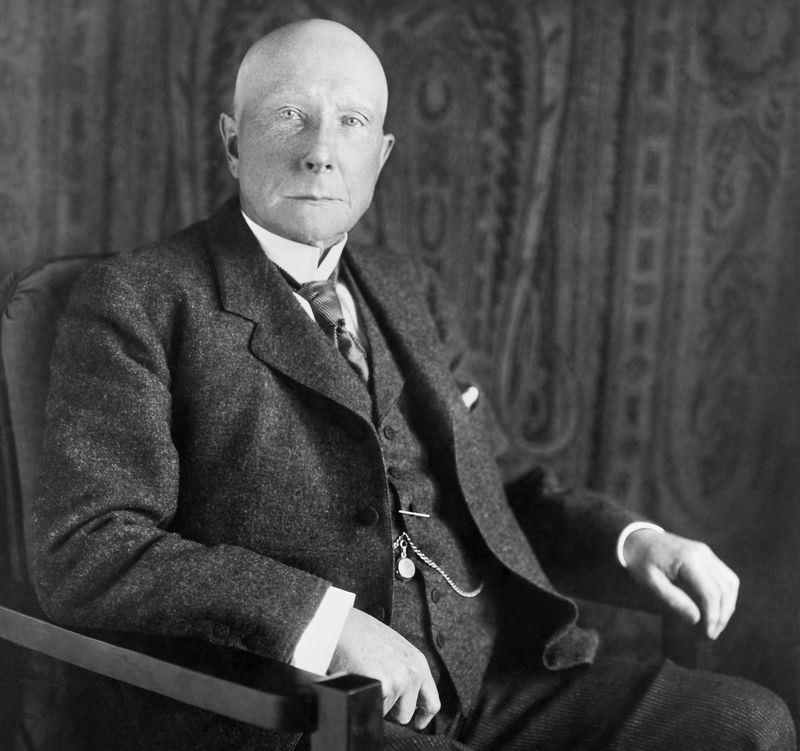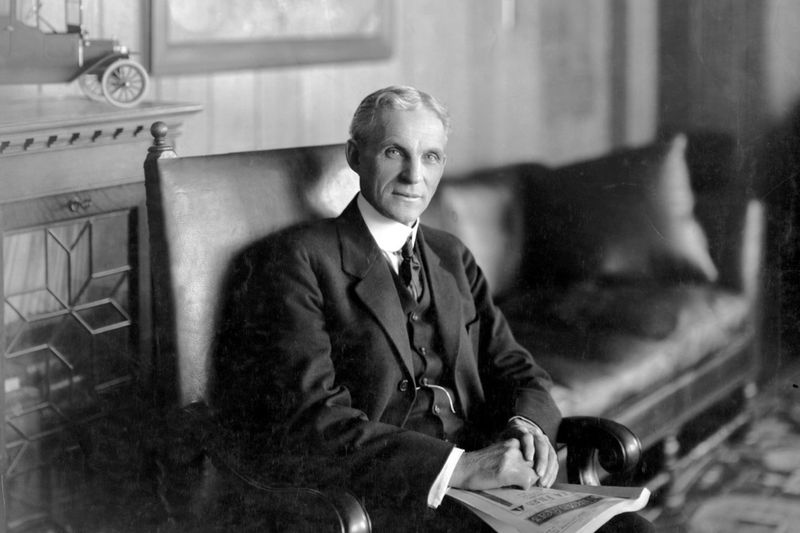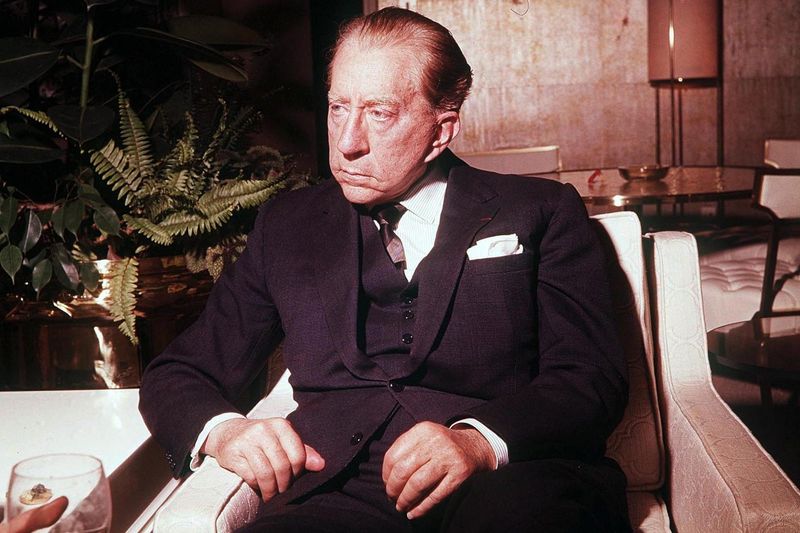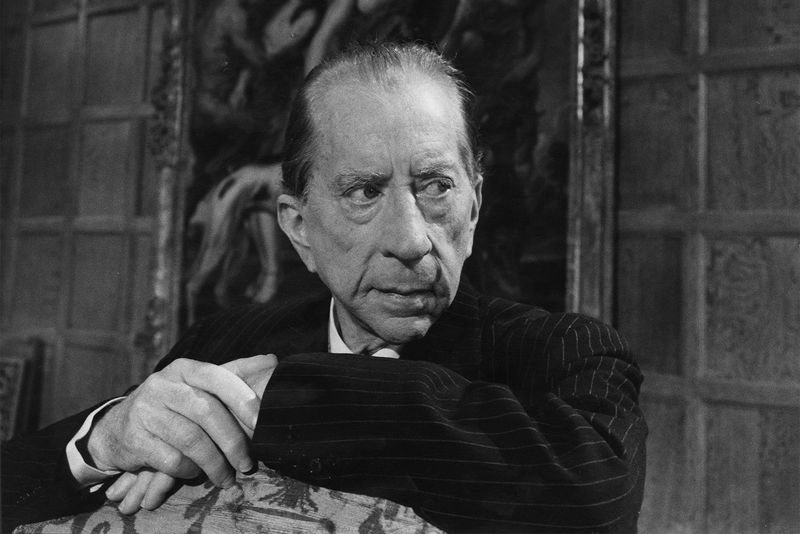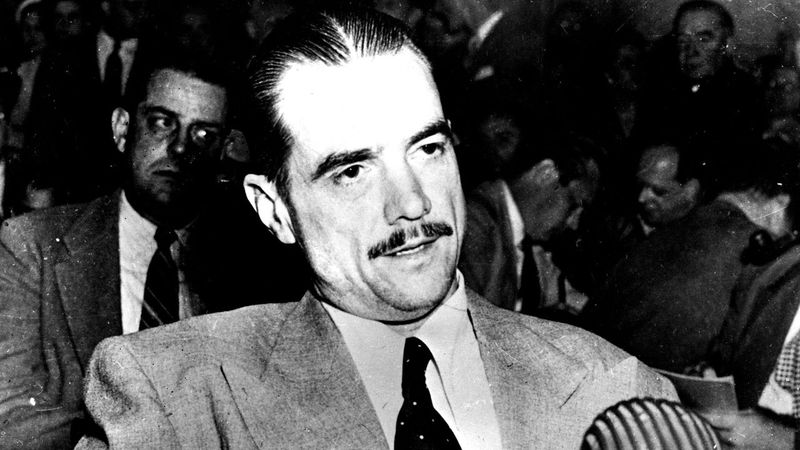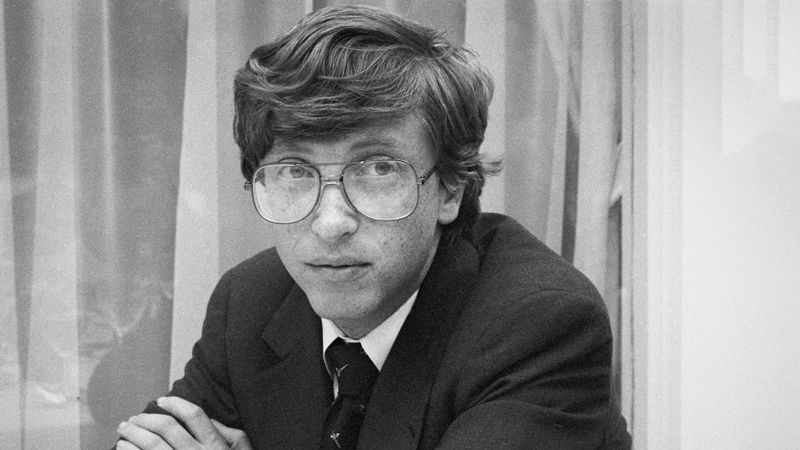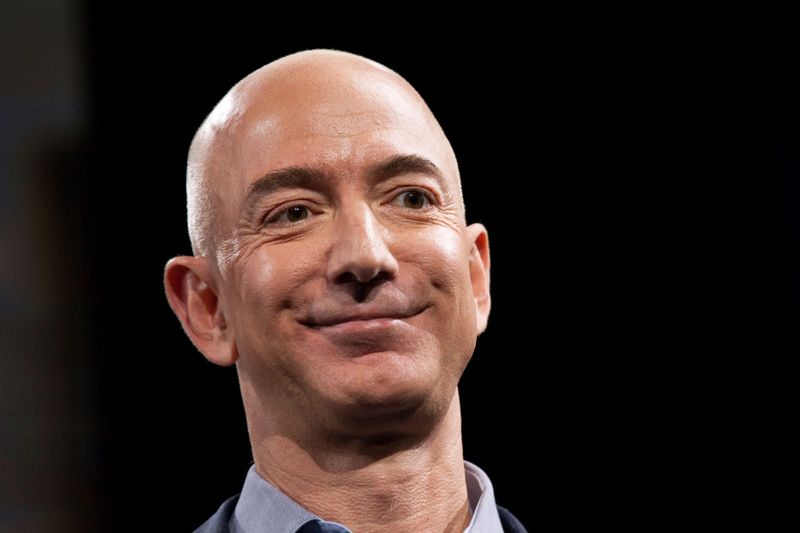21 Of The World’s Richest People For Every Decade Since The 1820s
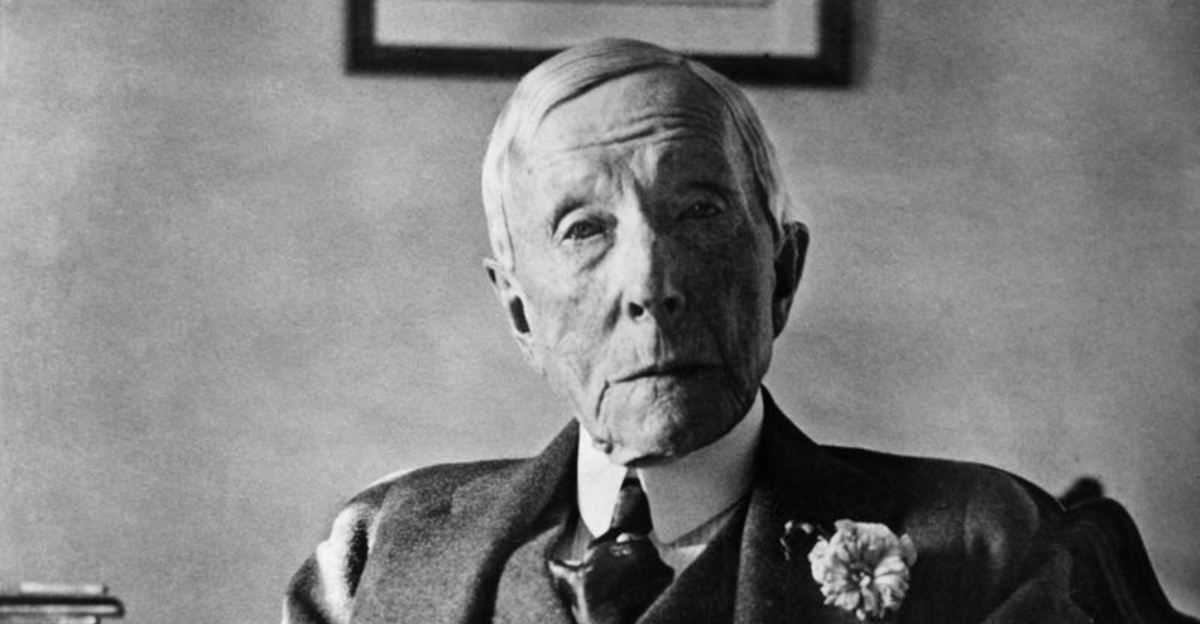
Step into the dazzling world of extreme wealth and game-changing innovation as we trace the rise of the world’s wealthiest individuals—those financial titans who didn’t just amass fortunes but reshaped entire industries!
From the roaring 1820s to today’s digital age, this journey introduces the power players of each era, revealing how gold mines, oil fields, steel empires, and tech revolutions have propelled certain individuals to staggering wealth.
Picture John D. Rockefeller dominating oil like a real-life Monopoly game, or Andrew Carnegie turning steel into an empire that built modern America. Fast forward, and we see Warren Buffett turning wise investments into billions, while Elon Musk launches us toward the stars with electric cars and space travel.
Each decade brings new champions of riches, often holding onto their titles with an iron grip (or, let’s be honest, an army of lawyers). Packed with humor, jaw-dropping numbers, and fascinating insights, this is the ultimate look at how money and power have shaped the world we live in today!
1. 1820s – Nathan Mayer Rothschild
Nathan Mayer Rothschild was the original “finance bro,” practically inventing international banking with his family’s empire stretching across Europe. Legend claims he had insider info on the Battle of Waterloo’s outcome before the British government. As the 1820s’ richest person, his control over the world’s money was unparalleled.
Rothschild’s financial acumen extended beyond mere wealth. His influence in banking circles became so profound that even governments sought his advice.
His legacy in the banking industry remains influential, symbolizing a family dynasty that redefined wealth and power in the modern world. Truly a pioneer, he set the gold standard!
2. 1830s – Nathan Mayer Rothschild (Again!)
Still ruling the financial kingdom, Nathan Mayer Rothschild’s banking dynasty was so powerful that even kings borrowed from them. They helped finance the British government’s abolition of slavery by compensating former slave owners.
This act, while on the right side of history, showcased the immense reach of Rothschild’s influence, hinting at the complexities of finance and morality. His continued dominance in the 1830s illustrates not only wealth but also strategic insights that few could rival.
This repeat appearance in our list highlights the enduring power and influence of the Rothschild legacy. Money talks, indeed!
3. 1840s – Cornelius Vanderbilt
Cornelius Vanderbilt, known as “The Commodore,” transformed from ferry boat runner to America’s transport tycoon. He played cutthroat business like a blackjack master, undercutting competitors until they folded. By the 1840s, he dominated shipping and railroads.
His shift to railroads was a masterstroke—why control just the water when you can own the land, too? Vanderbilt’s aggressive strategy was legendary, making him a quintessential example of American entrepreneurship.
His legacy paved the way for the modern transport sector, illustrating how determination and shrewdness can build an empire. With Vanderbilt, the wheels of fortune kept turning!
4. 1850s – Cornelius Vanderbilt (Still Crushing It)
In the 1850s, Cornelius Vanderbilt’s railroad empire expanded, building routes to crush competitors. If you took a train back then, odds were, it was on Vanderbilt’s tracks. His empire wasn’t just about wealth; it was about reshaping a nation’s landscape.
Vanderbilt’s business acumen was unmatched, turning monopolistic practices into an art form. His influence on American infrastructure was monumental, setting standards for future industrialists.
His legacy continued to thrive, underscoring how strategic vision and relentless drive could make one the richest—and most influential—person of the decade. All aboard the Vanderbilt express to success!
5. 1860s – John Jacob Astor
John Jacob Astor, the original “buy low, sell high” guru, monopolized the fur trade before cashing out. With his newfound wealth, he invested in Manhattan real estate when it was just farmland. Astor’s foresight turned him into a real estate mogul.
His cunning strategy in the 1860s laid the groundwork for modern real estate investing. Manhattan’s transformation into a bustling metropolis only magnified his savvy investments.
Astor’s story is a classic tale of adapting to market trends and capitalizing on opportunities, marking him as a pioneer in wealth accumulation. Fur and farmland—an empire in the making!
6. 1870s – John D. Rockefeller
John D. Rockefeller, the world’s first billionaire, owned 90% of America’s oil supply through Standard Oil. He didn’t just sell oil—he controlled it all: wells, refineries, railroads. His 1870s dominance defined the modern oil industry.
Rockefeller’s strategic genius was evident in his ability to integrate operations, ensuring efficiency and market control. His influence stretched beyond mere wealth, reshaping entire industries.
By setting the benchmark for corporate monopolies, Rockefeller’s legacy is a testament to visionary leadership. His impact on the global economy remains profound, a reminder of how one man’s vision can fuel unprecedented success. Oil be seeing you!
7. 1880s – John D. Rockefeller (Yep, Still Him)
In the 1880s, Standard Oil was essentially a monopoly, and John D. Rockefeller’s wealth grew exponentially. If you bought kerosene or gasoline, you were enriching Rockefeller, whose influence permeated every corner of the oil market.
His relentless pursuit of market dominance elevated Standard Oil to unprecedented heights, reflecting a strategic brilliance that few could match.
Rockefeller’s continued reign in the 1880s highlights the impact of consistent innovation and market insight. His influence over the oil industry remains a benchmark for business leaders. Truly, his empire was a well-oiled machine of wealth and power.
8. 1890s – Andrew Carnegie
Andrew Carnegie didn’t just make steel; he made ALL the steel. His 1890s reign saw every bridge, skyscraper, and railroad built with Carnegie steel. Selling everything to J.P. Morgan, he amassed immense wealth, later dedicating it to philanthropy.
Carnegie’s journey from steel magnate to philanthropist underscores the transformative power of wealth. His contributions to education and culture, like libraries and Carnegie Hall, reflect his commitment to societal progress.
Carnegie’s legacy continues to inspire, embodying the potential for wealth to drive positive change. Steel yourself for the story of a man who built not just structures, but futures.
9. 1900s – John D. Rockefeller (You Knew He’d Be Back)
In the 1900s, John D. Rockefeller’s wealth was so immense that the government had to break up Standard Oil. Even after its division, Rockefeller’s fortune continued to grow, cementing his place in history as a financial titan.
His ability to adapt and thrive, even amidst regulatory challenges, exemplifies visionary leadership. Rockefeller’s continued success in the face of adversity underscores his strategic foresight.
His legacy in shaping corporate America remains influential, illustrating how adaptability and innovation can sustain wealth. With Rockefeller, the 1900s were a testament to the enduring power of industry. Divide and conquer, indeed!
10. 1910s – Henry Ford
Henry Ford, the automotive pioneer, transformed car manufacturing with his assembly line, making automobiles affordable. By the 1910s, nearly every car on the road was a Ford, known for its reliability and style.
Ford’s innovation redefined manufacturing, setting a new standard for productivity. His decision to pay workers a then-unheard-of $5 a day improved worker satisfaction and productivity.
Ford’s impact on the automotive industry was monumental, reflecting a blend of innovation, leadership, and vision. His legacy remains an integral part of industrial history, driving change both on and off the road. With Ford, the future was in motion!
11. 1920s – Henry Ford (Still Vroomin’)
In the 1920s, the Model T was king, and Henry Ford’s factories were churning out vehicles like clockwork. Ford made driving accessible for the average American, revolutionizing transportation and lifestyle.
His continued innovation and commitment to efficiency solidified Ford’s place in history. By making cars affordable, Ford democratized transportation, paving the way for modern automotive culture.
His influence extended beyond mere automobiles, shaping societal norms and economic practices. With Ford, the journey was as important as the destination, embodying the spirit of progress and innovation. Hop in, the ride of the century continues with Ford!
12. 1930s – John D. Rockefeller (One Last Time!)
Even after retiring, John D. Rockefeller remained the wealthiest man alive during the 1930s. His stock holdings and oil empire made him nearly crash-proof during the Great Depression, showcasing his strategic foresight.
Rockefeller’s ability to weather economic storms reflects a mastery of wealth management that few could parallel. His enduring presence in the financial world underscores his lasting impact on industry and economy.
By the time of his passing in 1937, Rockefeller’s legacy was cemented as a symbol of financial prowess and innovation. His story is one of persistence, adaptability, and unyielding success. Wealth well managed!
13. 1940s – Henry Ford (Again!)
During WWII, Henry Ford’s factories shifted from cars to military vehicles, showcasing his adaptability. Even amidst global turmoil, Ford’s operations thrived, underlining his exceptional business acumen.
His contribution to the war effort highlighted Ford’s influence beyond civilian markets, cementing his role as a key player in national and international affairs. Ford’s ability to pivot during challenging times exemplifies strategic leadership and resilience.
His continued success during the 1940s reinforces his impact on industry and society. With Ford at the helm, innovation and adaptability became synonymous with success. A true titan of industry and ingenuity!
14. 1950s – J. Paul Getty
J. Paul Getty, renowned for his frugality, famously installed a payphone in his mansion. Despite his penny-pinching ways, Getty controlled a massive portion of the world’s oil supply in the 1950s, officially becoming the world’s richest man.
His obsession with cost-control was legendary, reflecting a unique approach to wealth accumulation. Getty’s influence in the oil industry was monumental, showcasing a blend of strategic insight and business acumen.
His legacy, marked by both wealth and eccentricity, remains a fascinating chapter in financial history. With Getty, every penny counted, proving that thriftiness can coexist with tremendous wealth.
15. 1960s – J. Paul Getty (Still Cheap, Still Rich)
In the 1960s, J. Paul Getty’s wealth grew even more, but he made headlines when his grandson was kidnapped. Getty infamously refused to pay ransom until they sent an ear, highlighting his notorious stinginess.
His story reflects a complex character—immensely wealthy yet infamously frugal. Getty’s influence on the oil industry was unmatched, but his personal life often overshadowed his business achievements.
His legacy is a blend of wealth, eccentricity, and media intrigue, encapsulating the paradox of riches and personal values. With Getty, every dollar had its place, but not always in the way you’d expect!
16. 1970s – Howard Hughes
Howard Hughes, a billionaire, movie mogul, and pilot, reigned in the 1970s. His aerospace innovations were groundbreaking, but eventually, he retreated into reclusion, embodying the eccentric genius stereotype.
Hughes’ dual influence in aviation and film illustrated a unique blend of creativity and business acumen. His reclusive nature only added to his mystique, making him a fascinating figure in business history.
His legacy, marked by innovation and eccentricity, remains a testament to the diverse paths of wealth generation. With Hughes, the sky wasn’t the limit—it was just the beginning. Fly high, dream big, and remain a mystery!
17. 1980s – Yoshiaki Tsutsumi
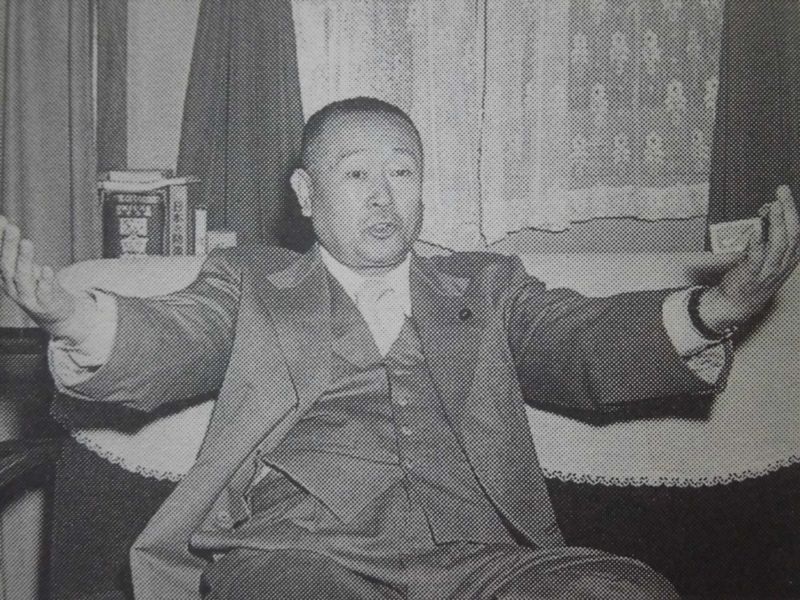
Yoshiaki Tsutsumi, a Japanese real estate tycoon, capitalized on the property boom of the 1980s. At his peak, he owned vast tracts of Tokyo’s prime real estate, making him the world’s richest man.
Tsutsumi’s success was built on strategic investments and an acute understanding of market dynamics. His empire exemplified the boom of Japan’s economy, reflecting a period of rapid growth and prosperity.
Tsutsumi’s legacy offers insights into the potential of real estate as a wealth generator, with his story serving as a guide for aspiring investors. With Tsutsumi, the land was more than gold—it was a fortune!
18. 1990s – Bill Gates
Bill Gates, the tech king of the 1990s, transformed technology with Microsoft Windows on nearly every computer. His influence on the tech industry was unparalleled, shaping how we interact with technology.
Gates’ innovation extended beyond software, establishing a new era of digital communication and connectivity. His philanthropic efforts set a standard for using wealth to drive societal change.
Gates’ story is one of vision, innovation, and impact, reflecting the power of technology to redefine lives. His legacy inspires future generations to harness technology’s potential for good. With Gates, the future was just a click away, redefining possibilities.
19. 2000s – Bill Gates (Still Winning)
In the 2000s, Bill Gates’ wealth continued to skyrocket as Windows dominated the tech landscape. His decision to give away most of his fortune to philanthropy aligned him with the legacies of Rockefeller and Carnegie.
Gates’ influence in the tech industry remained strong, but his philanthropic vision began to take center stage. His efforts in global health and education redefined what it means to be a billionaire.
Gates’ legacy is a blend of technological innovation and philanthropic impact, serving as an example of how wealth can drive positive change. With Gates, the world was his operating system, and generosity his code.
20. 2010s – Jeff Bezos
Jeff Bezos, the mastermind behind Amazon, revolutionized e-commerce in the 2010s. His vision transformed a tiny online bookstore into a global retail powerhouse, with innovations like one-click shopping and Prime delivery.
Bezos’ impact extended beyond retail, influencing logistics, cloud computing, and media. His relentless pursuit of efficiency and customer satisfaction set new industry standards. Bezos’ story reflects the transformative power of vision and innovation, showcasing how one man’s ambition can reshape markets.
His legacy is a testament to the potential of technology-driven entrepreneurship. With Bezos, shopping became an experience, and convenience a lifestyle. Amazon—where dreams are delivered!
21. 2020s – Elon Musk
Elon Musk, the visionary behind Tesla and SpaceX, pushes the boundaries of innovation in the 2020s. His ambition extends beyond electric cars—he’s aiming for Mars colonization, reshaping the future of space travel.
Musk’s influence spans multiple industries, from automotive to aerospace and telecommunications, exemplifying the power of cross-sector innovation. His ventures like Starlink and the Boring Company highlight a commitment to redefining transportation and connectivity.
Musk’s legacy is one of bold vision and relentless pursuit of innovation, inspiring a new generation of entrepreneurs. With Musk, the future isn’t just imagined—it’s engineered. To infinity and beyond with Elon!

